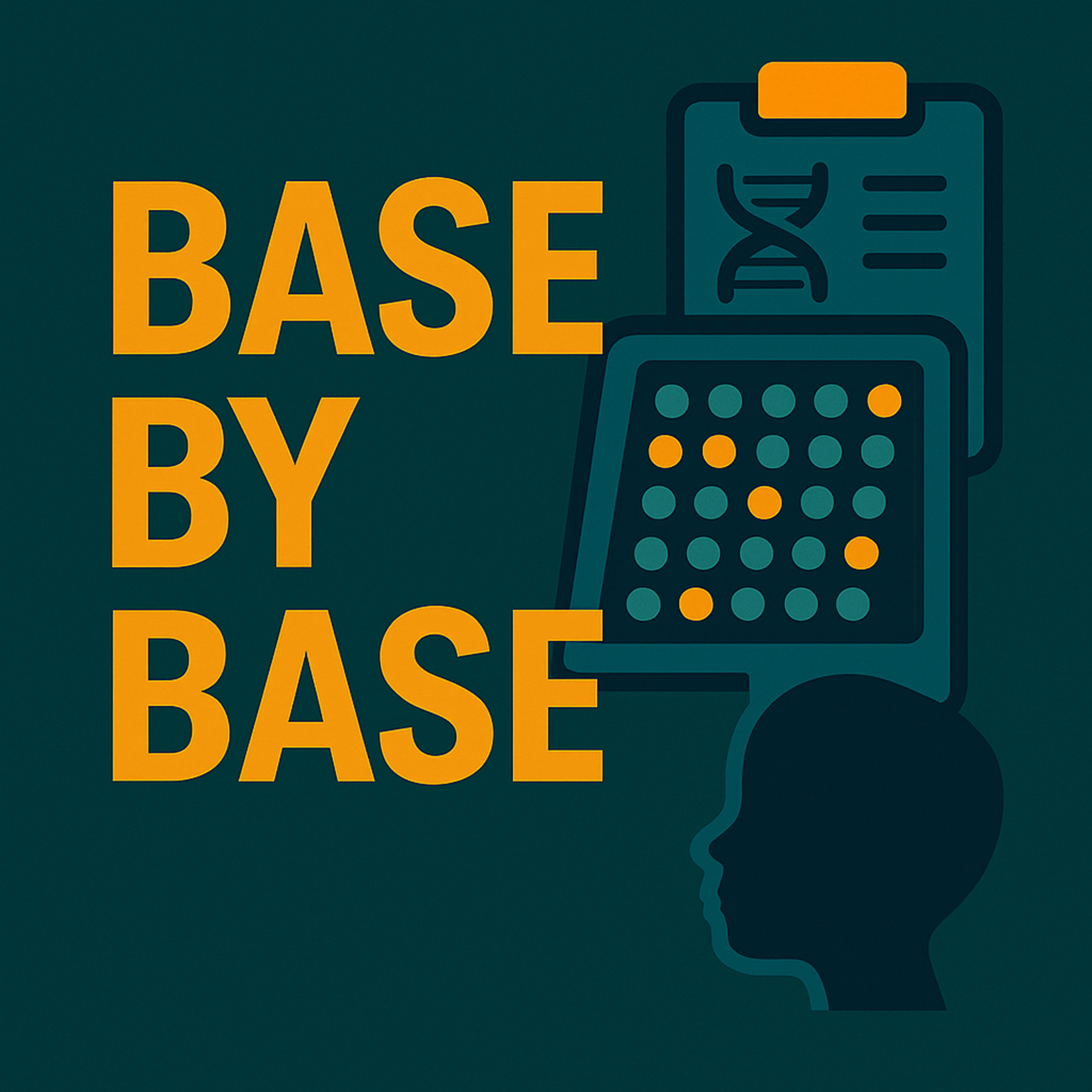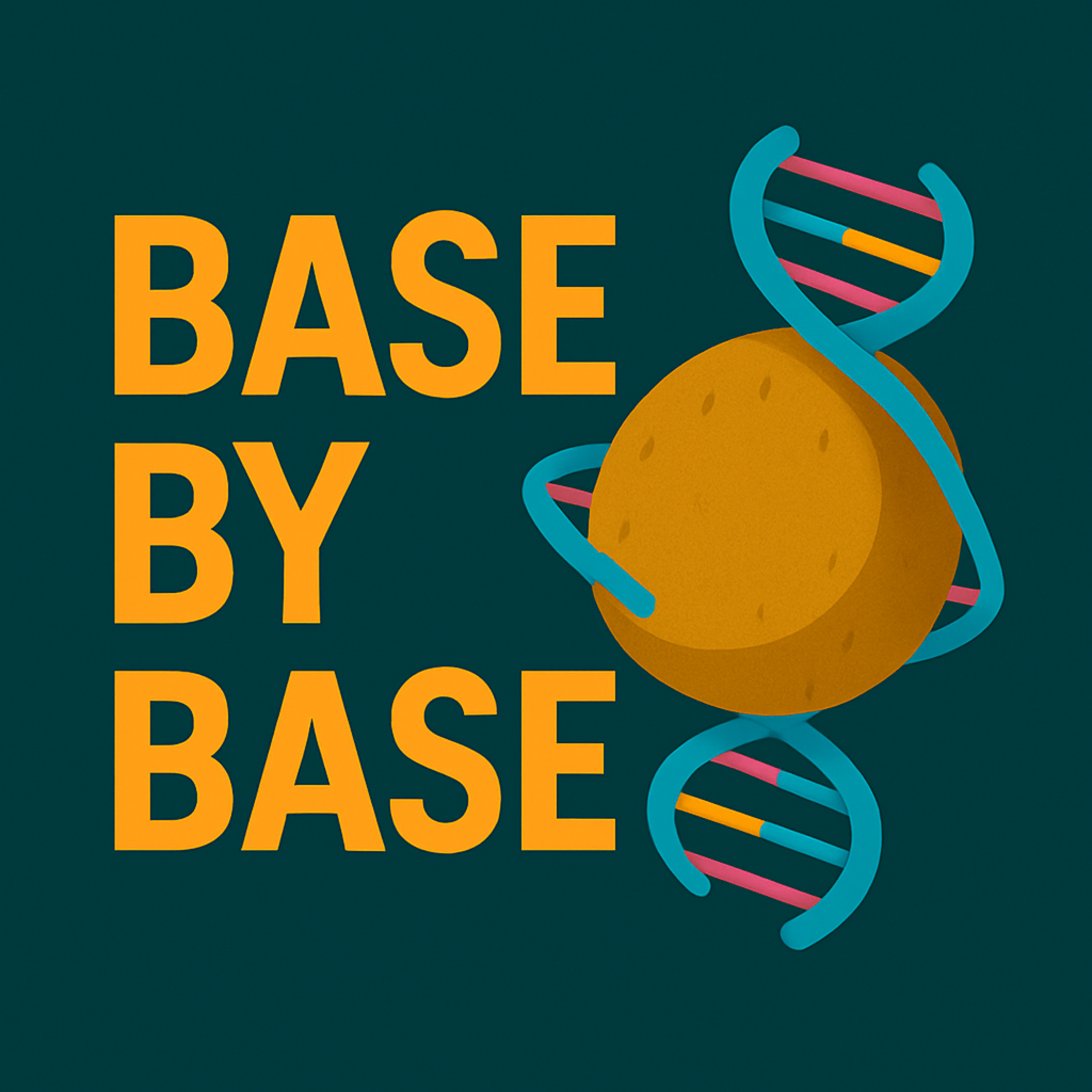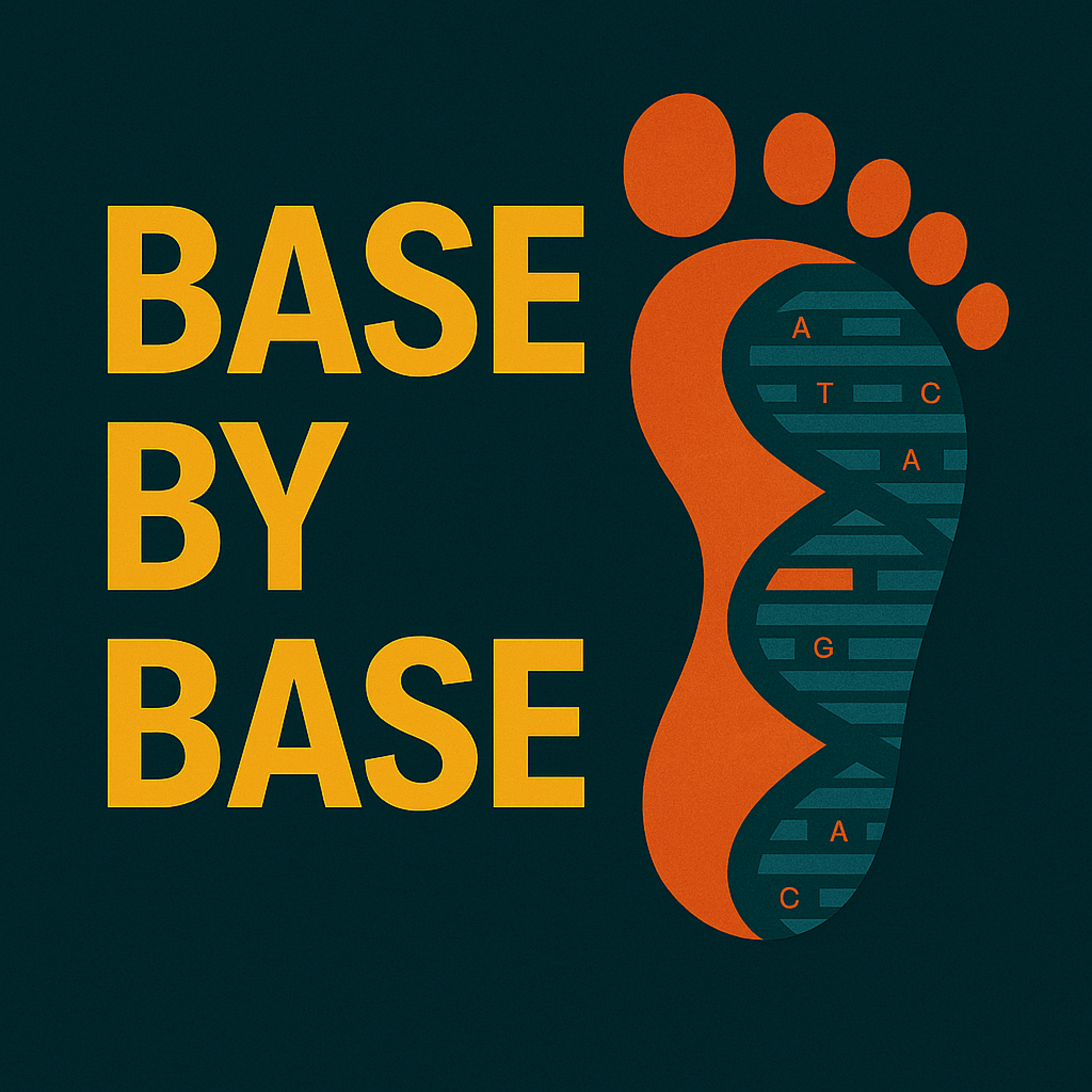Show Notes
️ Episode 57: Low Uptake of Genetic Testing in Medicaid-Enrolled Children with ASD and Intellectual Disability
In this episode of Base by Base, we delve into a comprehensive analysis by Brown et al. (2025) published in Genetics in Medicine, which examined Medicaid and CHIP claims from 2008 to 2016 for over 241,000 children aged 7 to 17. The study aimed to assess how well professional guidelines recommending genetic testing for autism spectrum disorder (ASD) and intellectual disability (ID) have been implemented in a racially and socioeconomically diverse, publicly insured population .
Key findings: The authors found that only a quarter of children diagnosed with both ASD and ID received any genetic testing, while 16.9% of those with ASD only and 13.1% of those with ID only underwent testing, compared with just 1.2% in a randomly sampled control group. Testing modalities remained outdated for years, with cytogenetics and Fragile X assays dominating until 2013, before chromosomal microarray and gene panel use began to rise. Significant disparities surfaced: non-Hispanic Black children were less likely, and Hispanic children more likely, to receive testing than non-Hispanic White peers, and those living in suburban or rural areas had lower testing rates compared to urban residents. Moreover, fewer than 6% of first tests occurred at ages 15–17, highlighting missed diagnostic opportunities in adolescence .
Conclusion: The persistently low frequency of guideline-recommended genetic testing and the lag in adopting advanced modalities underscore critical implementation gaps in Medicaid settings. Tackling socioeconomic, racial, and geographic barriers is essential to enhance diagnostic yield, inform precision medicine approaches, and ultimately improve care for underserved children with neurodevelopmental disorders .
Reference:
Brown, T. R., Lee, W.-L., Ventimiglia, J., Thurm, A., Levy, T., Yuan, V., Martinez-Agosto, J. A., & Shea, L. L. (2025). Medicaid claims from 2008 to 2016 indicate low rates of genetic testing among children with intellectual disability and autism spectrum disorder. Genetics in Medicine. https://doi.org/10.1016/j.gim.2025.101451
License: This episode is based on an open-access article published under the Creative Commons Attribution 4.0 International License (CC BY 4.0) – https://creativecommons.org/licenses/by/4.0/




